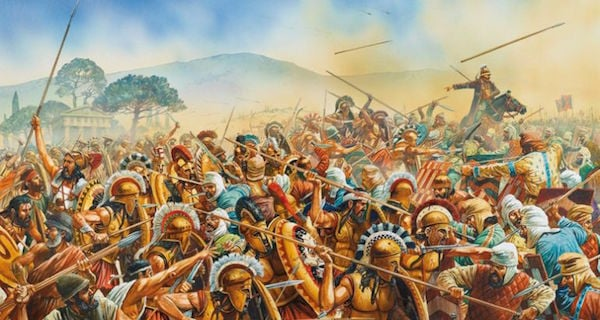The ancient Greeks, renowned for their profound contributions to philosophy, politics, and ethics, held distinct views on self-defense that continue to resonate in the 21st century. In the diverse city-states of ancient Greece, self-defense was intricately tied to personal honor and civic duty ideals. Contrary to the notion of separating arms from citizens, many Greek city-states, especially those like Sparta, embraced the idea of a well-armed populace trained in the arts of war and defense.
Philosophers like Aristotle played a crucial role in shaping these views. In his works, Aristotle argued for an individual's moral right to defend themselves against harm. He emphasized the importance of striking a balance between cowardice and recklessness, advocating for a reasoned approach to self-defense that was both practical and moral. This Aristotelian perspective underscores the idea that defending oneself or one’s polis (city-state) was a right and a duty.
Draco, an Athenian lawgiver known for his harsh legal codes, also contributed to the Greek understanding of self-defense. Although his laws were famously severe, they were among the first to codify the right to self-defense. This codification was significant in a society where personal retribution often led to endless blood feuds. Draco’s laws, therefore, can be seen as an early attempt to regulate self-defense within a legal framework.
Demosthenes, the famed orator, further illustrates the Greek attitude towards self-defense. In his speeches, he often advocated for the defense of Athens against external threats, highlighting the collective aspect of self-defense. This emphasis on collective defense was mirrored in the military organization of many Greek city-states, where citizens were expected to take up arms in defense of their polis.
The ancient Greek view of self-defense, which intertwined individual rights with civic responsibilities, has left a lasting impact on modern thought. In the 21st century, the debate around the right to self-defense and the role of arms in society continues to be influenced by these ancient perspectives. The balance between individual rights and societal responsibilities, a cornerstone of Greek thought, remains a crucial consideration in contemporary discussions on self-defense. Thus, far from being outdated, ancient Greek beliefs about self-defense continue to inform and profoundly shape modern legal and ethical debates.




























